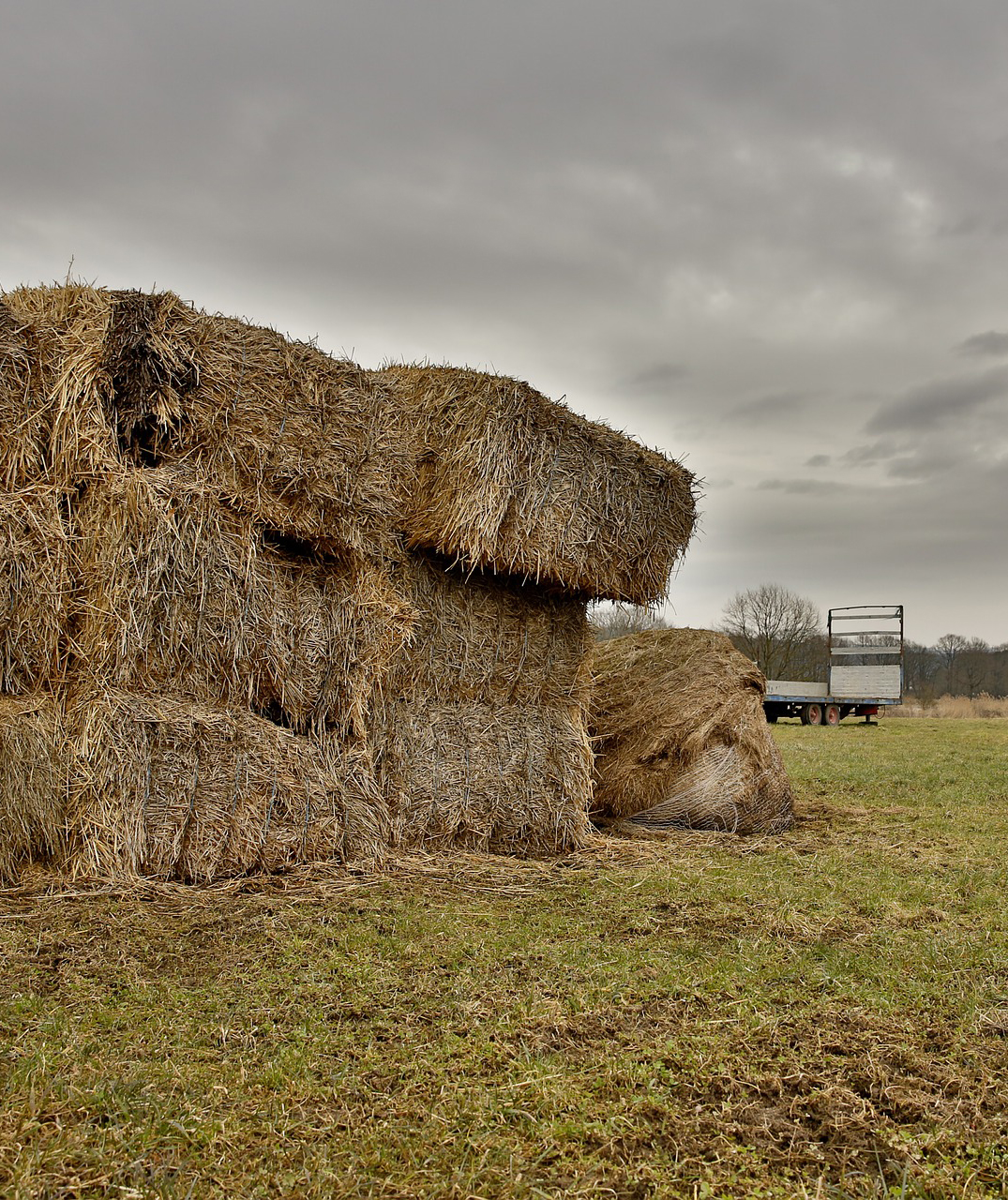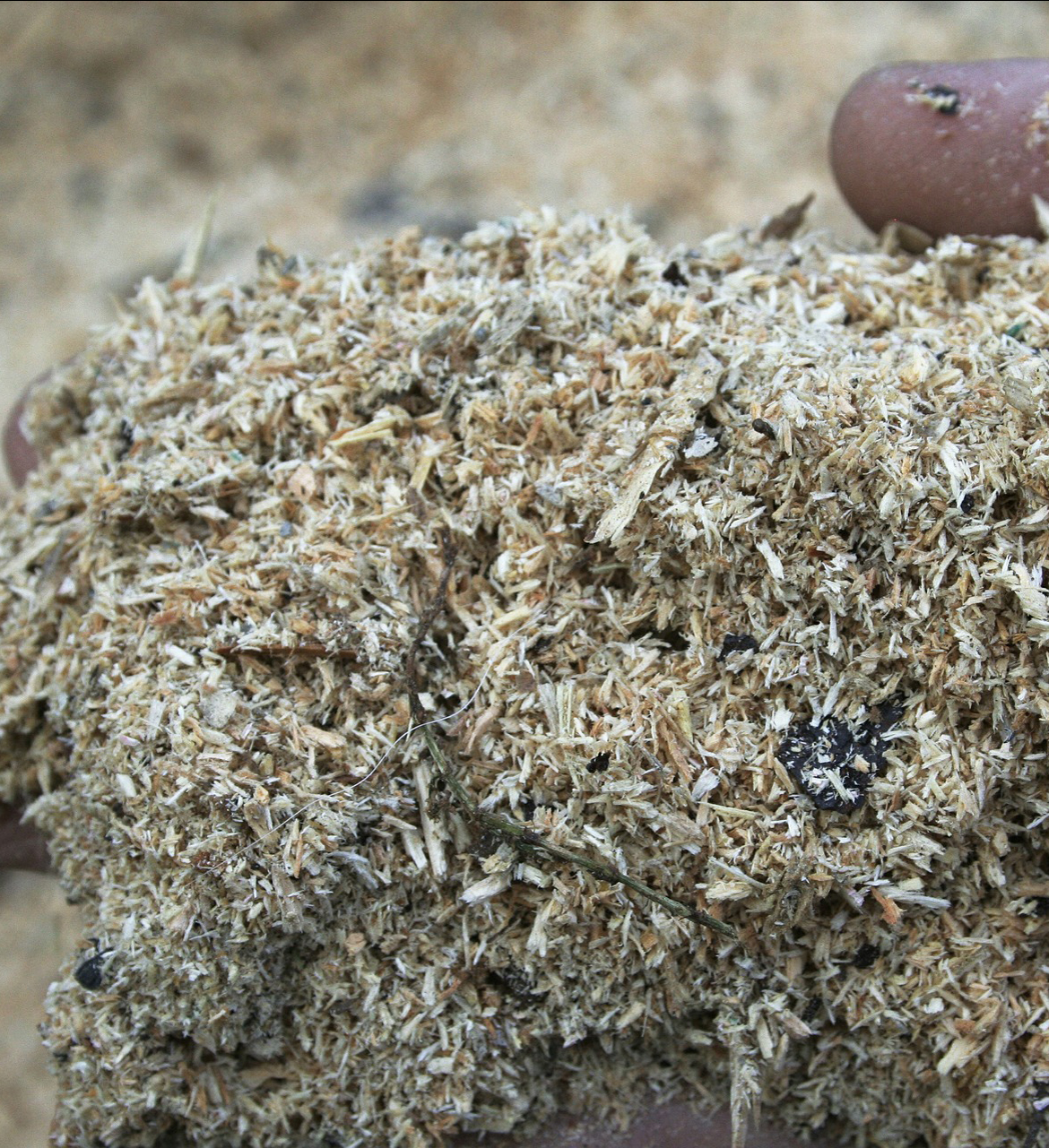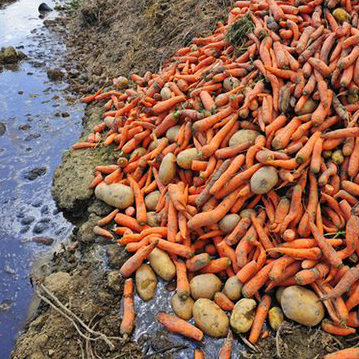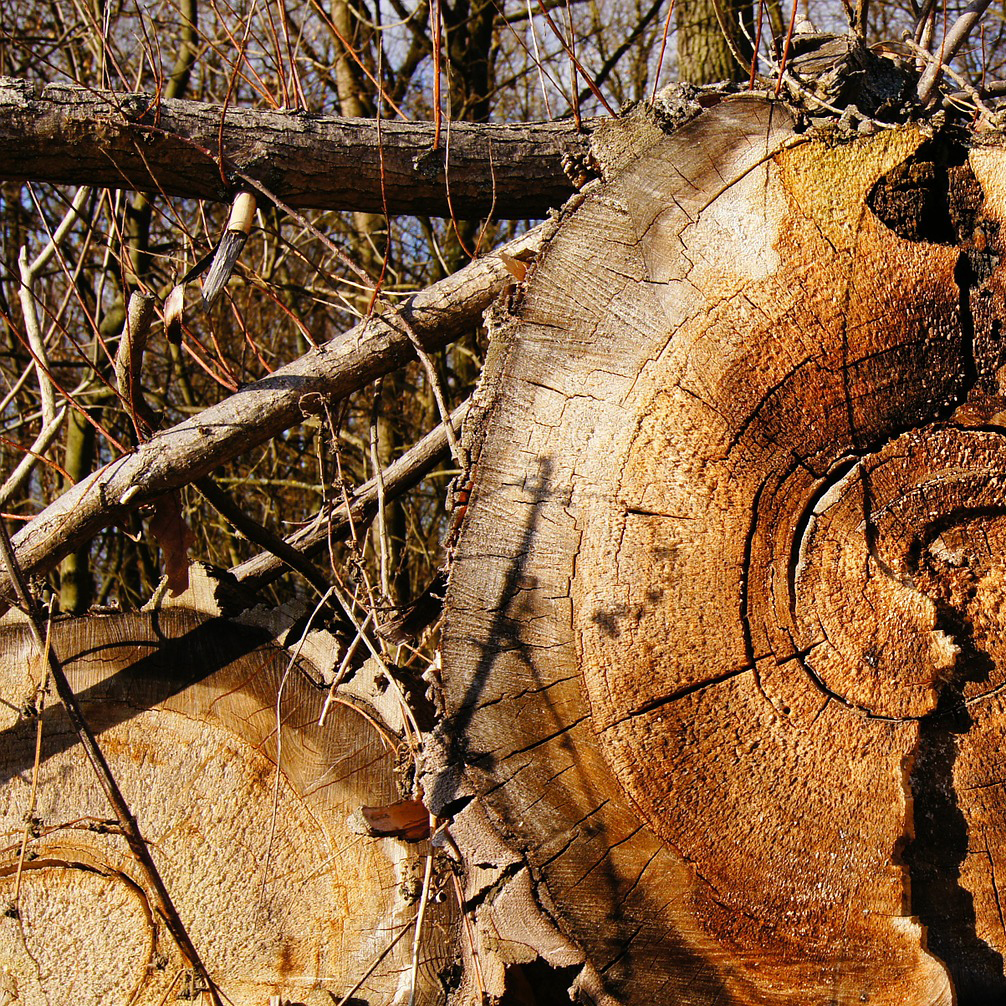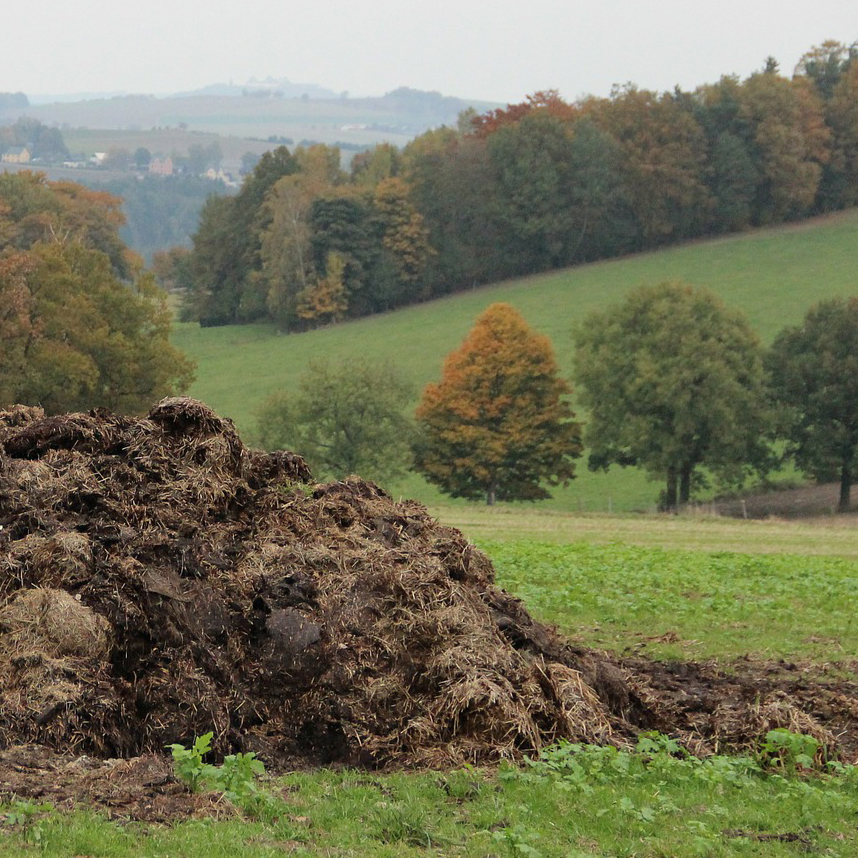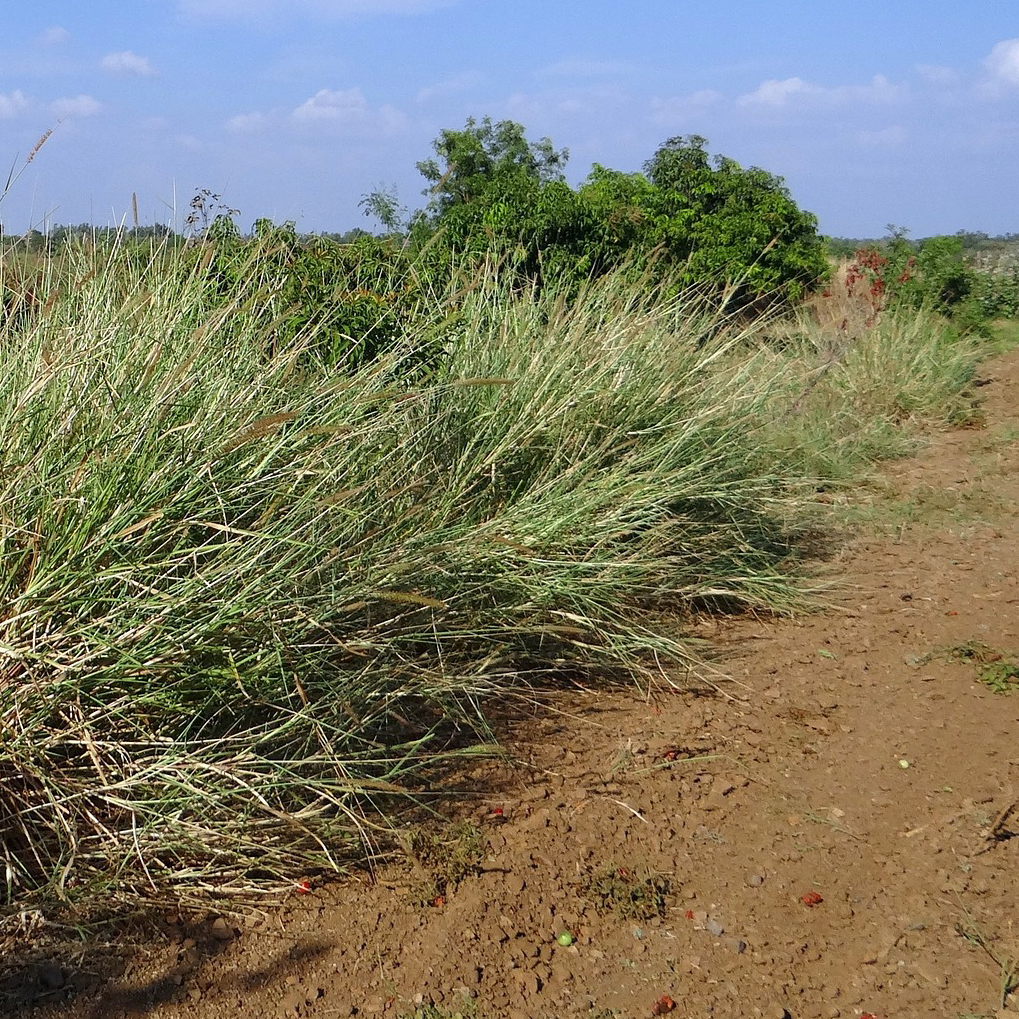What is biomass? What is biomass energy? What kinds of biomass are there and how can they be utilized?
What is biomass?
Biomass is defined as a living – or at least, living until recently – organism, or a byproduct of such organisms, plants, and animals. Basically, biomass is a fuel source developed from organic matter, and can be used for production of renewable sources of electrical energy, thermal energy, or transport fuels (biofuels). In the simplest of terms, biomass stores solar energy. Plants absorb solar energy in a process called photosynthesis, transforming solar energy into glucose or sugar. When biomass is incinerated, the solar energy contained within is released in the form of heat. Biomass can be combusted directly, or it can be converted into liquid biofuels or biogas, which are then combusted as fossil fuel. Living biomass harvests carbon dioxide found in nature, and releases it when it is incinerated in an energy production process. These processes do not increase atmospheric concentration of the greenhouse gases, due to constant recycling of carbon dioxide. With the constant inflow of waste materials – construction waste, wood waste not used in paper production, municipal waste, etc. – renewable energy production can be conducted perpetually. Just like biomass can replace fossil fuel in energy production, it can also provide a renewable energy substitution for many industrial products and materials derived from oil and natural gas; biological foams, plastics, industrial lubricants and chemicals, etc. are just some of the possibilities.
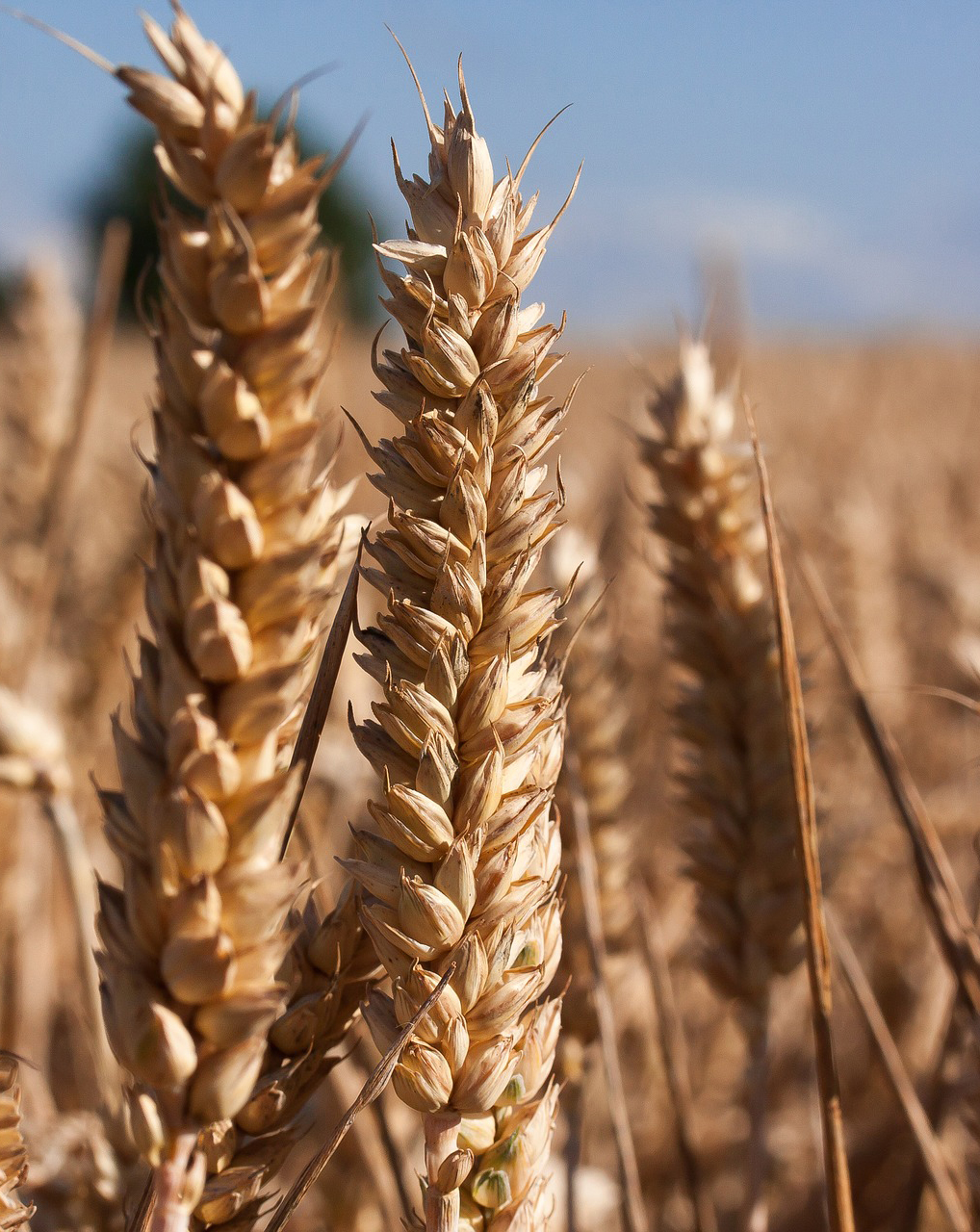

Regional application and challenges
Each region has its own locally generated biomass derived from agriculture, forestry and municipal sources. A wide assortment of biomass is available, and can be produced wherever plants or animals can live. Additionally, most of the raw materials can be found in liquid fuel, heat, electricity, or biological products. This makes biomass a flexible and widely usable fuel source because it can meet local needs and goals, and thus reduce the cost and potential pollution due to longer transport. While the process to create electrical energy is similar, regardless of whether we use biofuels or fossil fuel, the equipment needed at power plants is different, respectively. All the facilities need to be overhauled, or even upgraded, in order to be able to carry out biomass combustion processes. In its ongoing quest to stay up-to-date with the latest trends in the field of thermal energy and its mission to achieve an environmentally-friendly sustained competitive advantage, the company TIPO has signed a licence agreement with Danish Energy Systems. This way, we can offer a reliable, modern, state-of-the-art technology to our clients, which meets the highest global standards. In cooperation with our Danish business partners, we are able to offer to you pieces of equipment, or even completely built power plants, capable of harnessing biomass energy, all as a turn-key project.
